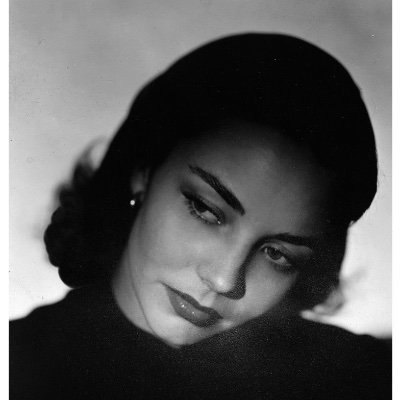
- Starring
- Elliott Crosset Hove, Ingvar Sigurdsson, Vic Carmen Sonne
- Writer
- Hlynur Pálmason
- Director
- Hlynur Pálmason
- Rating
- 14A (Canada)
- Running Time
- 143 minutes
- Release Date
- February 3rd, 2023
Overall Score
Rating Summary
In the early twentieth century, documentarians with a background in ethnographic studies began to take a keener interest in depicting the grand expeditions carried out by European explorers. These productions typically focused on the horrors endured by mountaineers who were ill-equipped to take on the elements. They emphasize the atavistic struggle that these individuals face and frequently pull back to highlight just how insignificant human beings appear to be when juxtaposed with the vastness of the natural environment. Notable entries in the genre, such as Nanook of the North, were able to push the filmmaking medium forward and forced audiences to wrestle with complicated questions about the role that the filmmaker plays in framing foreign cultures.
Godland tells the story of Lucas (Hove), a Danish priest who shares many superficial similarities with the subjects of these documentaries. He is tasked with travelling to a remote village in Iceland, where he is expected to assist in the building of a church. Actually, reaching the settlement proves to be very difficult and Lucas’s mental state deteriorates in the face of a multitude of physical challenges. Lucas also fails to form close personal bonds with his fellow travelers and indirectly causes one of them to die when he insists upon fording an exceptionally deep river. He spirals into a depressive state following this tragic event and loses the strength and vitality that he had previously possessed. Upon reaching Iceland, he is provided with medical treatment and a place to rest, but remains tormented by his inner demons.
One wouldn’t necessarily expect Hlynur Pálmason, the maverick Icelandic director who specializes in inducing discomfort in audiences, to produce a film that brings forth memories of Robert J. Flaherty’s oeuvre. He’s the sort of provocateur who traditionally invites comparisons to Werner Herzog and Carlos Reygadas, but his films derive their charm from the fact that they draw on so many eclectic sources of inspiration. For every dash of random violence, there’s an unexpected grace note that only leaves audiences feeling more morally conflicted. The confidence with which he mounts this ambitious production is quietly astounding and seeing a film that manages to smoothly navigate several tricky tonal shifts is quite a thrill.
One would be remissed not to mention Maria von Hausswolff’s remarkable cinematography, which introduces a whole host of distinctive textures into the film. Her eye for jaw-droopingly beautiful vistas is as tasteful and cultivated as one would expect but this never feels like a simple travelogue. von Hausswolff finds ingenious ways of illustrating the fact that the natural world is indifferent to Lucas’s suffering. She doesn’t feel a need to shove obvious visual metaphors down our throats. Instead, she finds a way to build up paranoia and heavily implies that Lucas feels that there are malevolent forces at work in the world. Images that initially appear to be picture-postcard pretty take on a more sinister edge when reflected through her caustic lens.
Godland also features a couple of gloriously flashy transitions, which offer up an unusual counterpoint to the long takes that Pálmason typically favors. Every now and then, the sedate, almost Malickian rhythms that he establishes will be broken up by a sudden cut to lava spurting out of a volcano. He also has a talent for disrupting our perception of the plane, as he often chooses to completely re-direct the viewer’s focus in the middle of a scene. These flourishes help to distinguish this film from all of those other costume dramas that feature a subplot about a man who murders eels in order to get over a terrifying erotic nightmare that he had.
With Godland, audiences here have a fresh, exciting art film that suggests that the stately religious epics of old do not have to be forgotten to time. They do not need to be tied to the conventions of the 1960s and can respond to contemporary concerns with just as much passion and fervor as their forebears did. It’s unlikely that the wet plate photographers of the 1890s could have predicted that their work would inspire this oddball confection, but there’s something delicious about the seemingly contradictory nature of this project’s stated ambitions.
If one gets the urge to run out to their local independent theatre over the coming months, they would do well to catch a gem like Godland on the biggest screen they could possibly find.
still courtesy of Janus Films
If you liked this, please read our other reviews here and don’t forget to follow us on Twitter or Instagram or like us on Facebook.

I am passionate about screwball comedies from the 1930s and certain actresses from the Golden Age of Hollywood. I’ll aim to review new Netflix releases and write features, so expect a lot of romantic comedies and cult favourites.
Discover more from
Subscribe to get the latest posts sent to your email.
